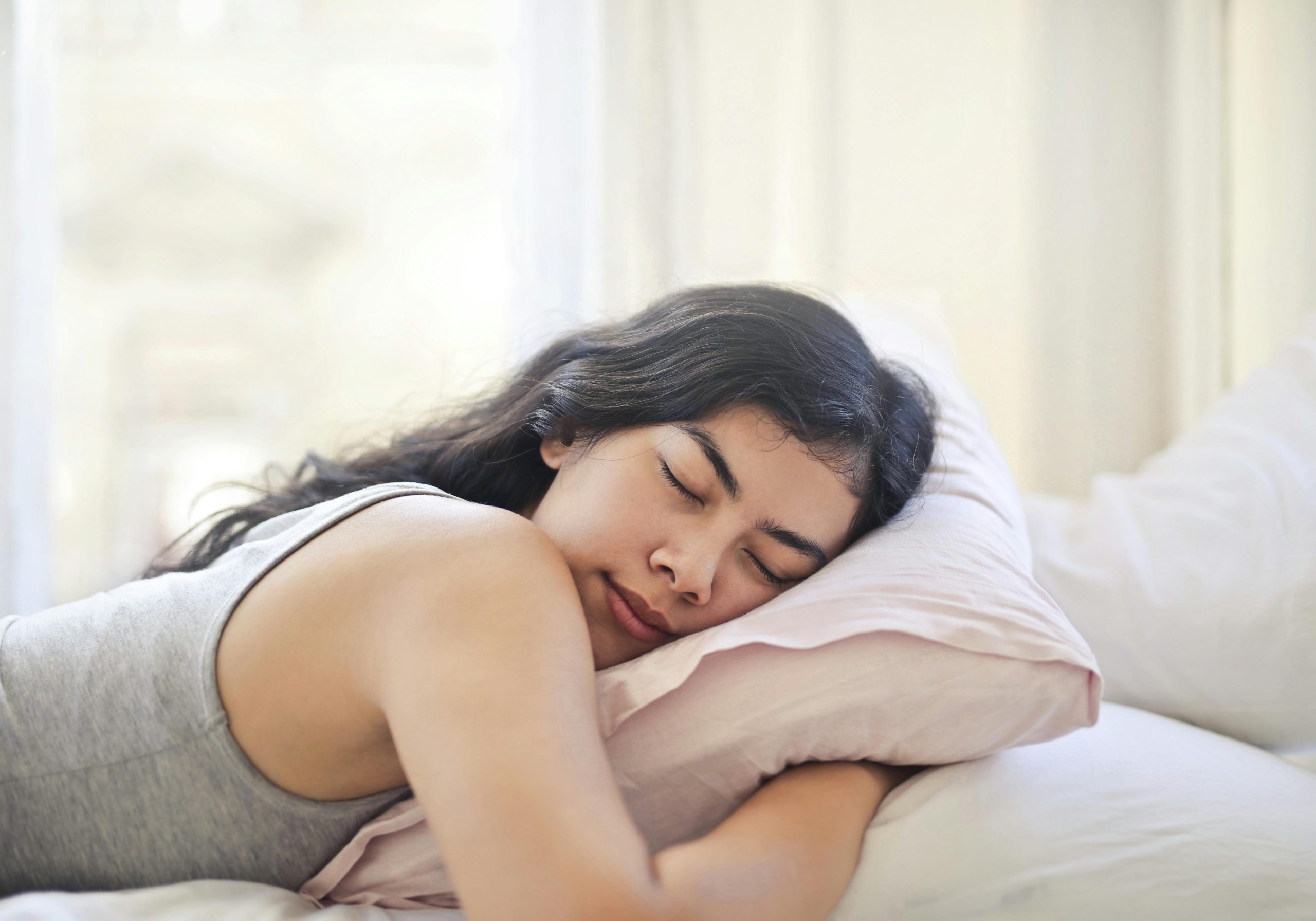We’ve all been there—tossing and turning, staring at the ceiling, willing ourselves to drift off to sleep. But no matter how much we try, a good night’s sleep can sometimes feel impossible to achieve. If this sounds familiar, your sleep hygiene might need some attention.
What is Sleep Hygiene?
Sleep hygiene refers to the habits and practices that promote quality sleep and daytime alertness. It’s not just about getting enough hours of rest—it’s about ensuring that sleep is deep, restorative, and free from frequent disruptions.
Why Does Sleep Hygiene Matter?
Good sleep is the foundation of good health. Poor sleep can lead to issues such as:
- Increased stress and anxiety
- Difficulty concentrating and memory problems
- Lowered immune function
- Higher risk of chronic conditions like heart disease and diabetes
- Mood disturbances and irritability
By improving sleep hygiene, you can enhance both physical and mental well-being, ensuring you wake up feeling refreshed and ready to take on the day.
Top Tips for Better Sleep Hygiene
Stick to a Sleep Schedule.
Going to bed and waking up at the same time every day (yes, even on weekends!) helps regulate your body’s internal clock, making it easier to fall asleep and wake up naturally.
Create a Relaxing Bedtime Routine
Wind down before bed with activities that promote relaxation, such as reading, taking a warm bath, or practicing deep breathing exercises. Avoid screens at least an hour before bed, as blue light can interfere with melatonin production.
Optimise Your Sleep Environment
Your bedroom should be a sleep sanctuary
Keep it cool, dark, and quiet. Invest in a comfortable mattress and pillows, and remove distractions like electronics and clutter.
Watch Your Caffeine and Alcohol Intake.
Caffeine can stay in your system for hours, making it harder to fall asleep. Limit coffee, tea, and energy drinks in the afternoon. While alcohol might make you feel drowsy, it can disrupt your sleep cycle and reduce sleep quality.
Get Moving During the Day
Regular physical activity helps regulate sleep patterns. Try to get at least 30 minutes of exercise most days, but avoid intense workouts close to bedtime.
Manage Stress and Anxiety
A busy mind can be the biggest barrier to restful sleep. Practice mindfulness, meditation, or journaling to release stress before bed. If you find yourself lying awake with racing thoughts, get up and do a calming activity until you feel sleepy again.
Need Extra Help?
If sleep struggles persist, it may be worth seeking professional guidance. At Lucks Yard Clinic, we take a holistic approach to sleep and well-being, offering support through chiropractic care, massage therapy, and lifestyle advice to help you achieve better rest and overall health.
Prioritising good sleep hygiene is one of the best things you can do for your mind and body. Small changes can lead to big improvements, helping you wake up feeling more energised and ready to take on the world.
Sweet dreams!
Book a Consultation
If you’re struggling with sleep issues, contact us at Lucks Yard Clinic to explore natural ways to improve your rest and overall health such as Acupuncture with Elaine and Reflexology with Claire




